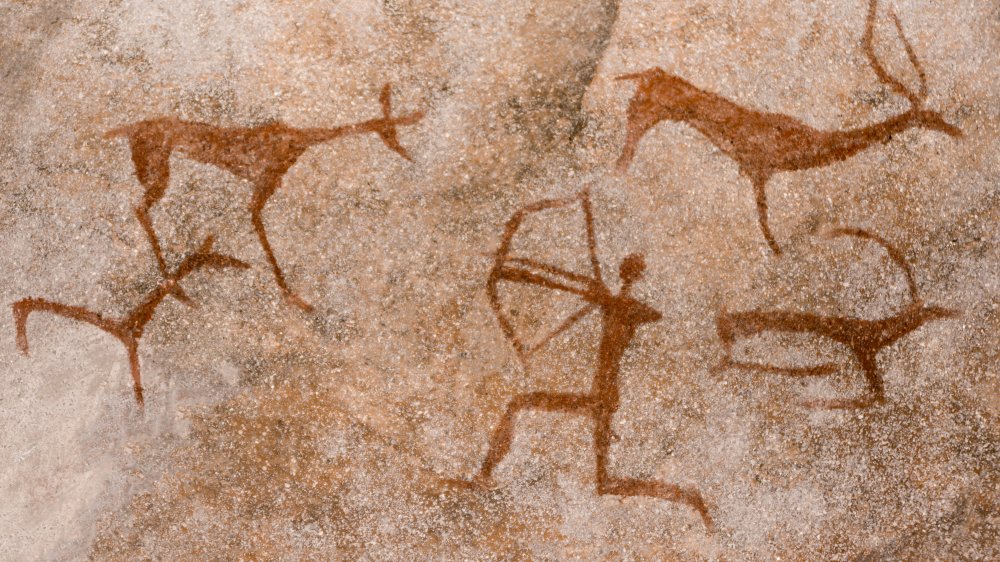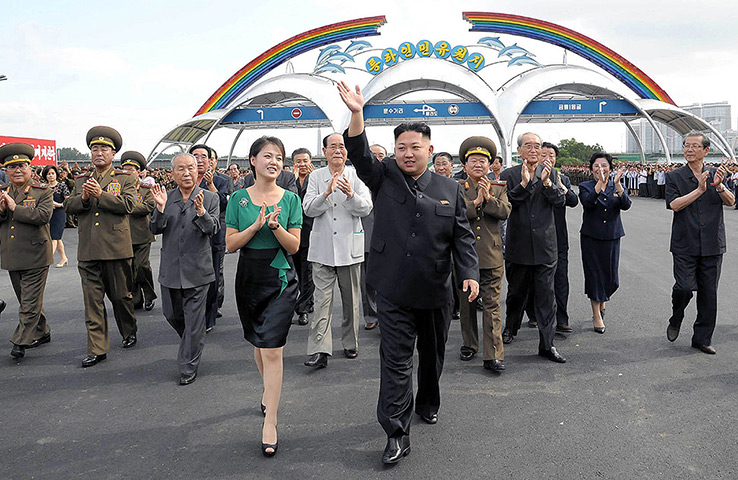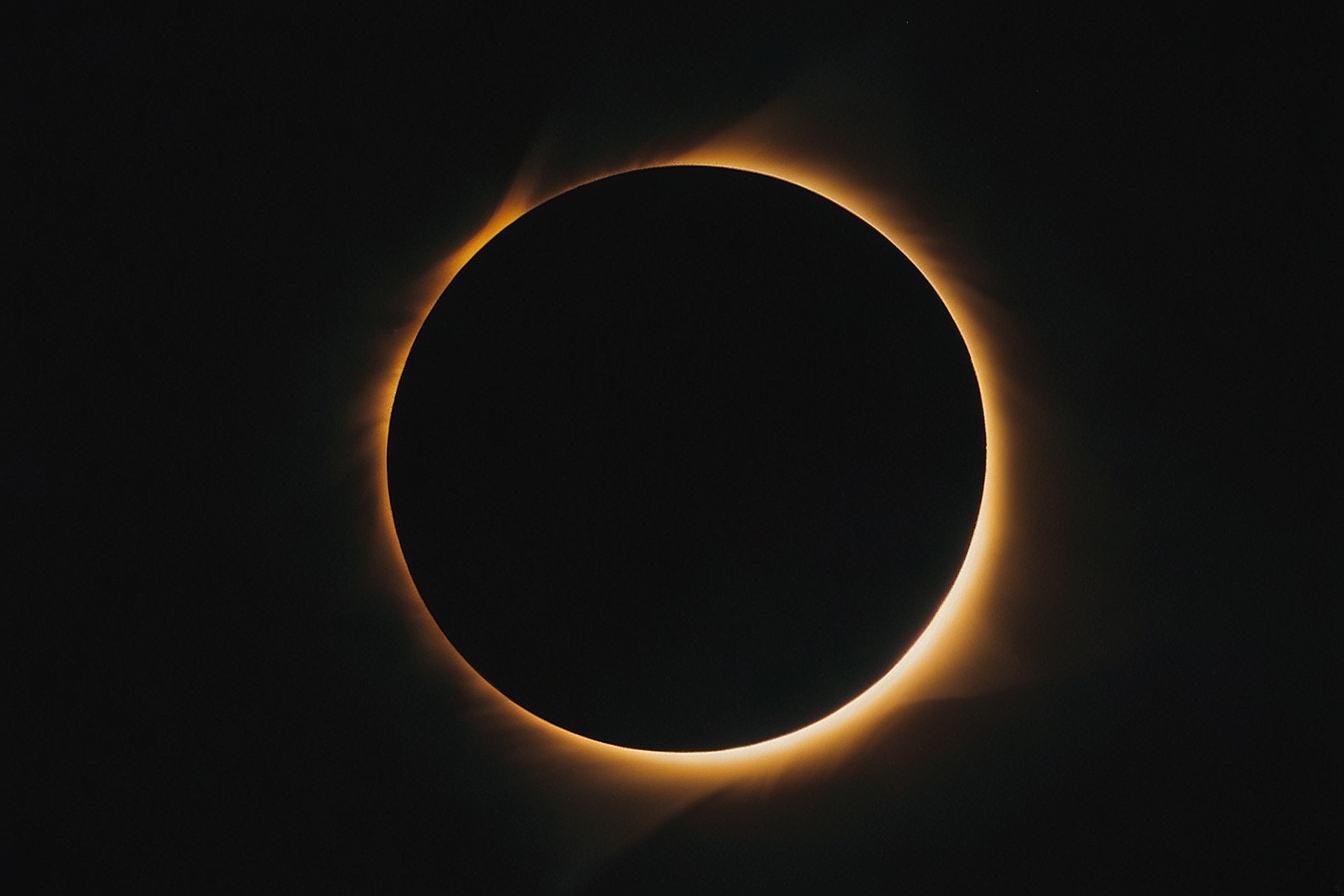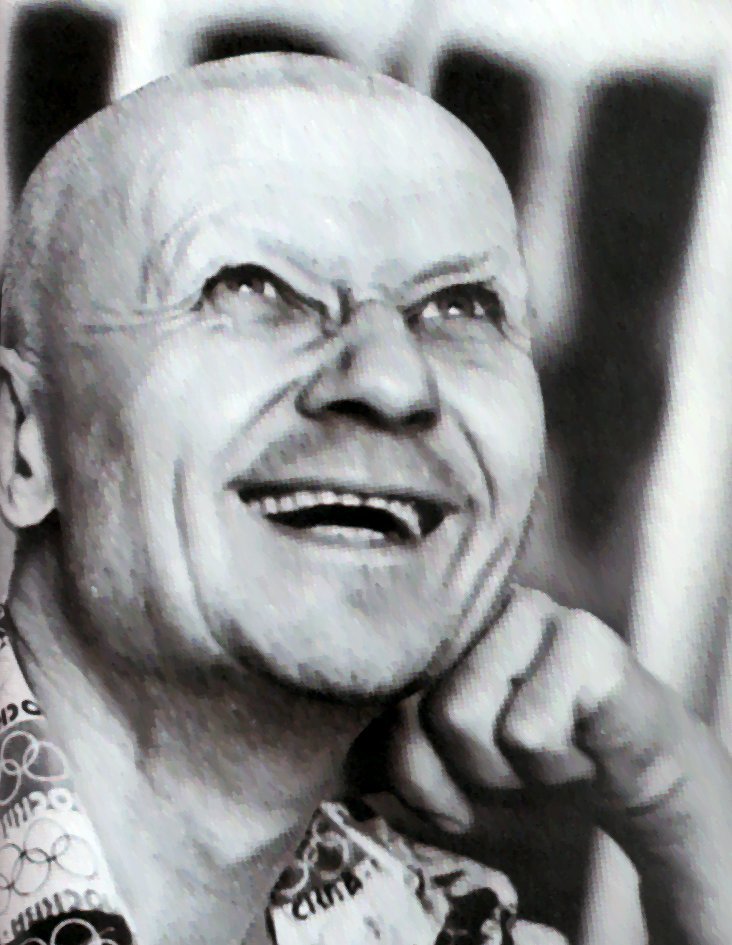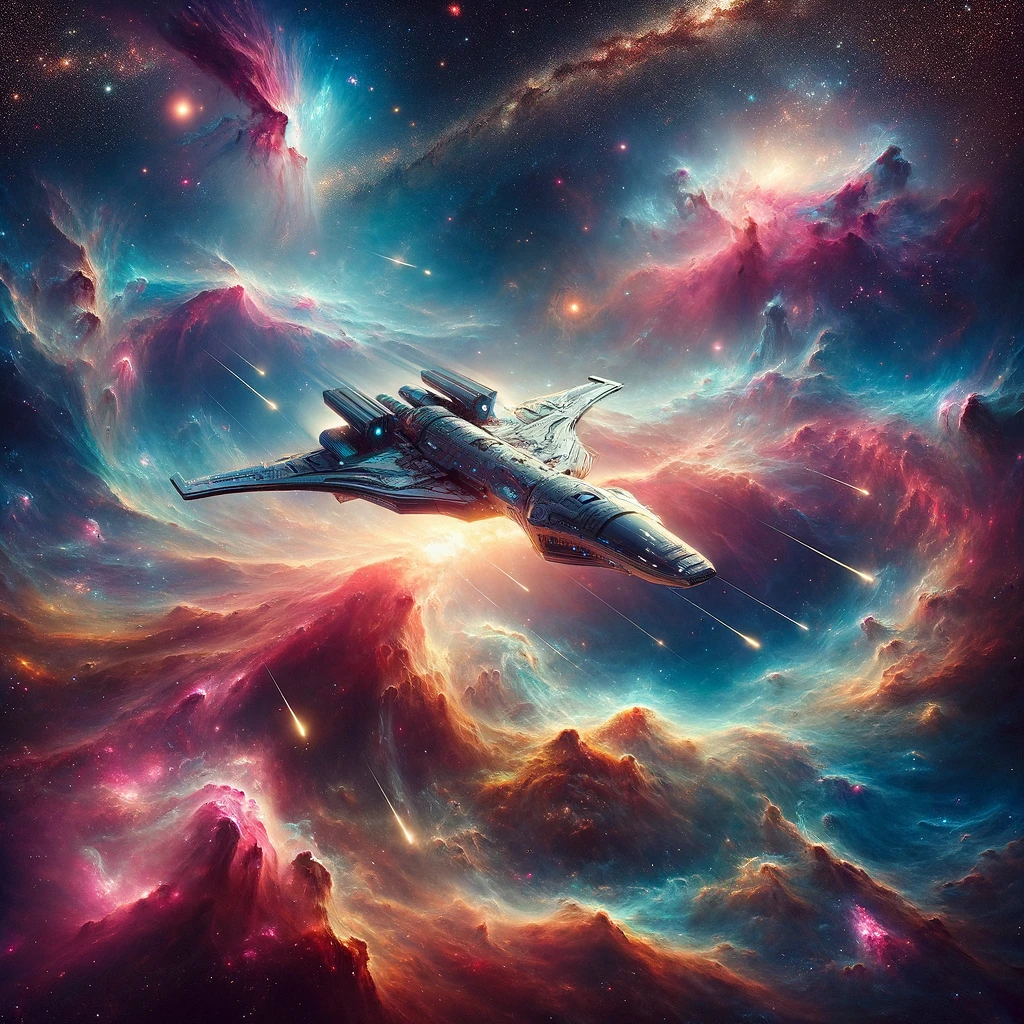15 moments that shook the planet
THE FALL OF THE BERLIN WALL (1989)
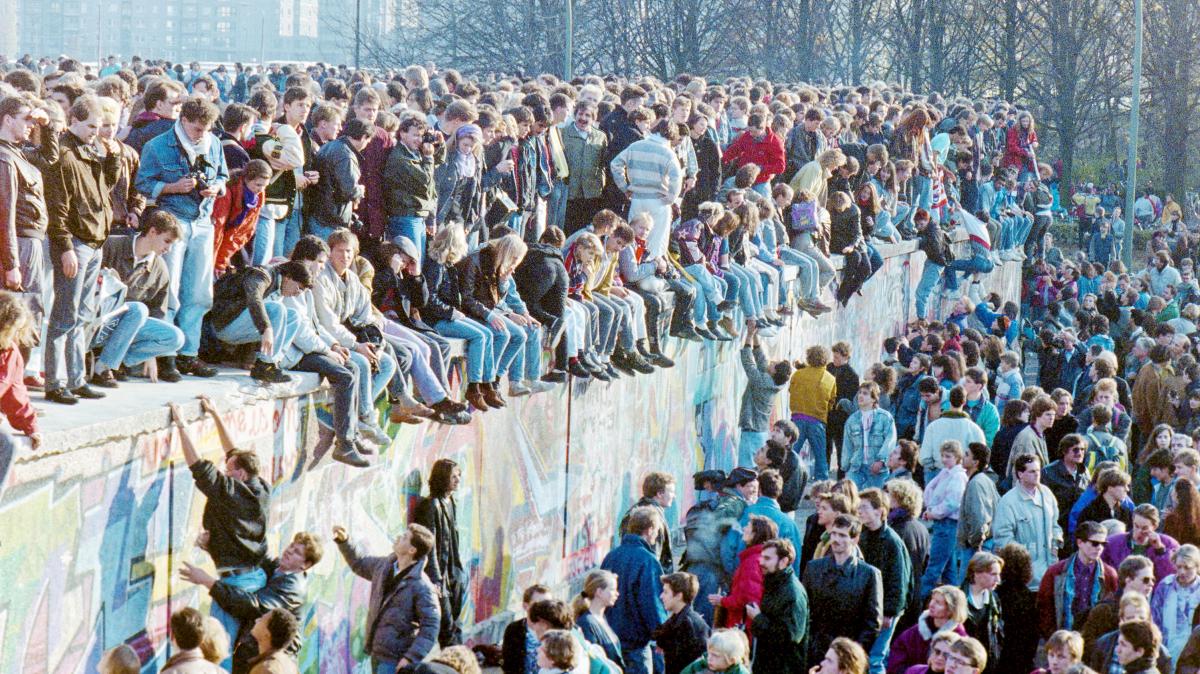
The Fall of the Berlin Wall in 1989 was a momentous event that symbolized the end of the Cold War and the reunification of East and West Germany. The Berlin Wall was a heavily fortified barrier that divided the city of Berlin into East and West sectors since its construction in 1961 by the communist East German government. It stood as a physical and ideological divide between the communist Eastern Bloc and the democratic Western Bloc. However, as the Soviet Union began to collapse and reforms swept across Eastern Europe, pressure mounted for change.
On November 9, 1989, the East German government unexpectedly announced that citizens could freely pass through border crossings. Thousands of East Berliners rushed to the Wall, and amid scenes of jubilation and disbelief, began dismantling it with hammers and picks. The fall of the Berlin Wall signified the end of decades of division and repression, and marked the beginning of a new era of hope and unity for Germany and Europe as a whole.
The fall of the Berlin Wall had far-reaching consequences, leading to the reunification of East and West Germany on October 3, 1990, and the eventual collapse of the Soviet Union in 1991. It symbolized the triumph of freedom and democracy over authoritarianism and oppression, and paved the way for the expansion of democracy and human rights across Eastern Europe. The fall of the Berlin Wall remains a powerful symbol of the enduring human desire for freedom and the possibility of peaceful revolution, inspiring movements for change around the world.




